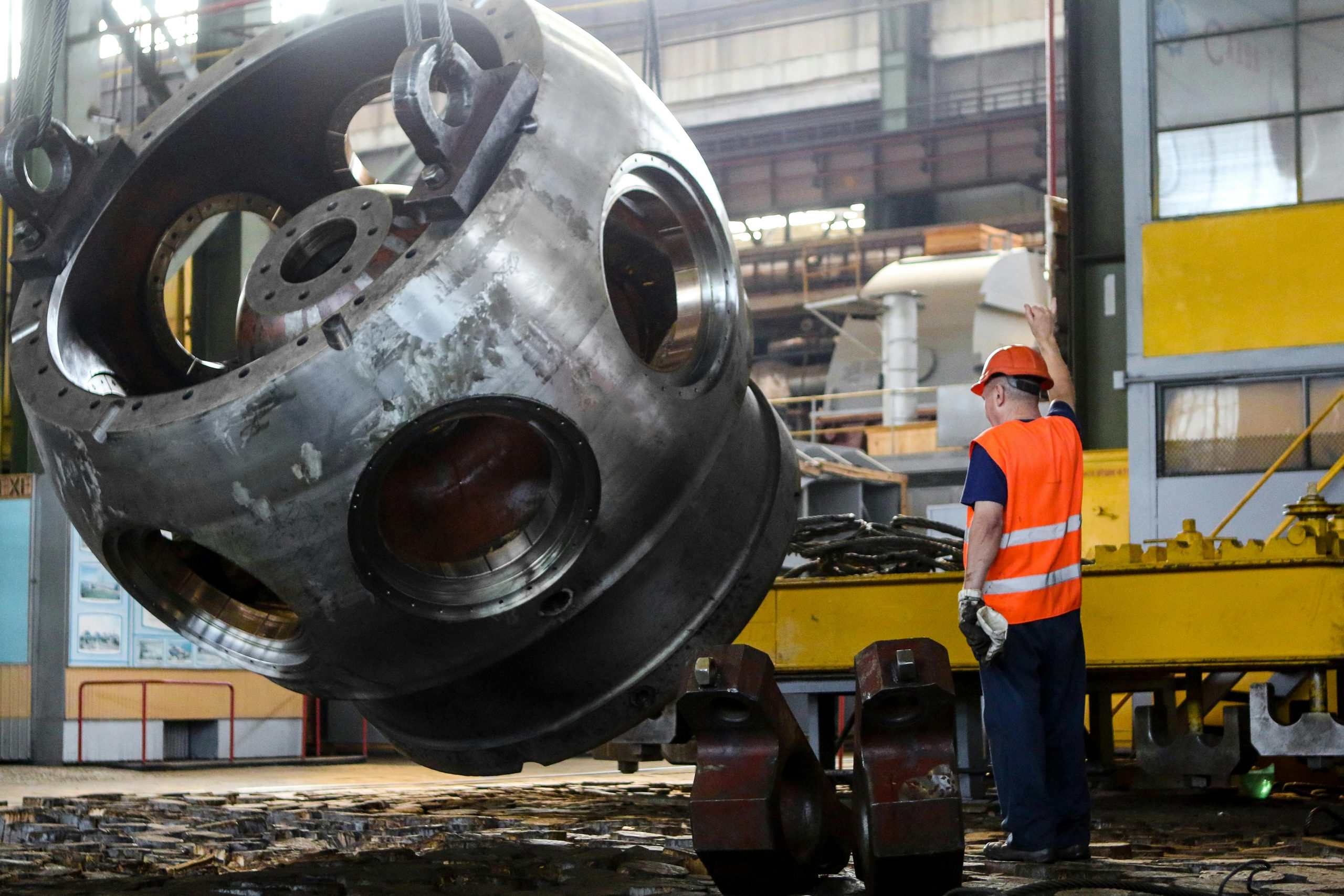Blog
Enhancing Construction Productivity with Technology

The construction industry is no stranger to challenges such as tight deadlines, complex projects, and ever-changing regulations. In this fast-paced environment, productivity is paramount to success. Fortunately, advancements in technology are revolutionizing the way construction projects are planned, executed, and managed. From Building Information Modeling (BIM) to project management software and mobile applications, technology is empowering construction companies to streamline workflows, improve communication, and enhance productivity like never before.
One area where technology is making a significant impact is in the management of submittals. Submittals, which include shop drawings, product data, and samples, are essential for ensuring that construction materials and products meet project specifications and quality standards. Traditionally, managing submittals involved cumbersome manual processes, including printing, routing, and tracking paper documents. However, with the advent of submittal management software, this process has been transformed. These software solutions automate the tracking, review, and approval of submittals, streamlining workflows, reducing paperwork, and improving overall efficiency.
Moreover, Building Information Modeling (BIM) is revolutionizing the way construction projects are planned, designed, and executed. BIM is a digital representation of the physical and functional characteristics of a building or infrastructure asset. It enables stakeholders to visualize the project in 3D, identify potential clashes and conflicts, and optimize design decisions before construction begins. Additionally, BIM facilitates collaboration among architects, engineers, contractors, and other stakeholders, allowing for better coordination and communication throughout the project lifecycle. By leveraging BIM technology, construction companies can reduce errors, minimize rework, and improve project outcomes.
Furthermore, project management software is empowering construction companies to streamline project workflows, track progress, and manage resources more effectively. These software solutions provide a centralized platform for project managers to plan schedules, allocate resources, and monitor budgets in real-time. Additionally, they facilitate communication and collaboration among team members, subcontractors, and clients, enabling stakeholders to stay informed and engaged throughout the project lifecycle. By automating repetitive tasks and providing valuable insights into project performance, project management software helps construction companies improve efficiency, reduce costs, and deliver projects on time and within budget.
Additionally, mobile applications are playing an increasingly important role in enhancing productivity on construction sites. These applications enable workers to access project documents, communicate with team members, and capture progress updates directly from their mobile devices. For example, field workers can use mobile applications to submit daily reports, record time and attendance, and request materials or equipment on the go. By digitizing workflows and eliminating paper-based processes, mobile applications help construction companies streamline operations, reduce errors, and improve overall productivity.
Moreover, the Internet of Things (IoT) is transforming construction sites into smart, connected environments. IoT devices such as sensors, cameras, and wearables collect real-time data on various aspects of construction projects, including equipment utilization, worker safety, and environmental conditions. This data enables project managers to monitor progress, identify inefficiencies, and make data-driven decisions to optimize workflows and resources. For example, IoT sensors can detect equipment malfunctions or safety hazards, allowing for timely interventions to prevent accidents or delays. By harnessing the power of IoT technology, construction companies can enhance productivity, improve safety, and deliver projects more efficiently.
Furthermore, artificial intelligence (AI) and machine learning are poised to revolutionize the construction industry by automating tasks, predicting outcomes, and optimizing processes. AI-powered algorithms can analyze vast amounts of data to identify patterns, trends, and correlations that humans may overlook. For example, AI algorithms can predict project delays, cost overruns, and safety risks based on historical data and real-time inputs. By leveraging AI technology, construction companies can make more informed decisions, mitigate risks, and improve project outcomes. Additionally, AI-powered drones and robotics are being used for tasks such as site surveying, progress monitoring, and materials delivery, reducing manual labor and increasing efficiency on construction sites.
Moreover, virtual reality (VR) and augmented reality (AR) technologies are transforming the way construction projects are designed, visualized, and experienced. VR allows stakeholders to immerse themselves in virtual environments and explore design concepts in 3D, providing a more intuitive and immersive way to understand spatial relationships and design intent. AR, on the other hand, overlays digital information onto the physical world, enabling workers to visualize project plans, access real-time data, and perform tasks more efficiently. By integrating VR and AR technologies into their workflows, construction companies can improve collaboration, reduce errors, and enhance productivity throughout the project lifecycle.
Additionally, cloud computing is revolutionizing the way construction companies manage and access project data. Cloud-based project management platforms provide a secure and centralized repository for storing, sharing, and collaborating on project documents and data. This enables stakeholders to access project information anytime, anywhere, and from any device, facilitating seamless communication and collaboration among team members, regardless of their location. Furthermore, cloud-based solutions offer scalability and flexibility, allowing construction companies to adapt to changing project requirements and scale their infrastructure as needed. By migrating to the cloud, construction companies can streamline workflows, improve data accessibility, and enhance productivity across their organizations.
In conclusion, technology is revolutionizing the construction industry and unlocking new opportunities for improving productivity and efficiency. From submittal management software to BIM, project management software, mobile applications, and IoT devices, construction companies have a wide range of tools at their disposal to streamline workflows, enhance communication, and optimize resources. By embracing these technologies and integrating them into their operations, construction companies can stay ahead of the curve, reduce costs, and deliver projects more effectively in today’s competitive market.


















